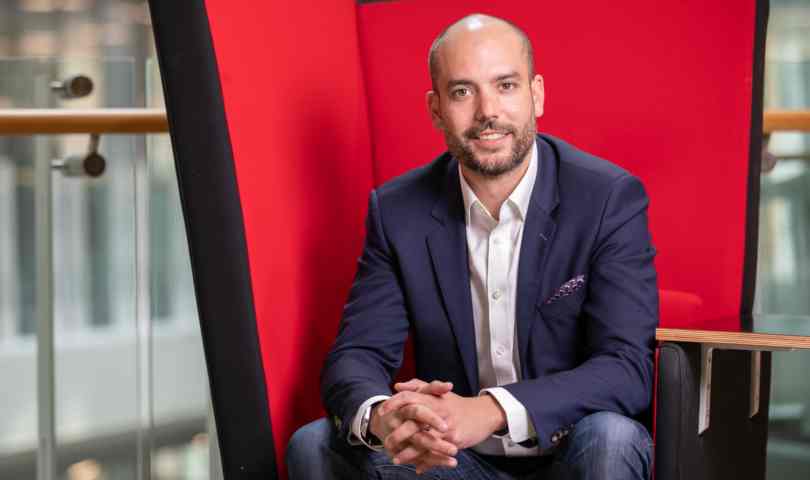Vodafone is making a major investment in rolling out fibre broadband. Lutfu Kitapci is the man who has to persuade consumers to sign up for the promised internet nirvana
Though the government’s ambitious National Broadband Plan is up in the air, broadband providers are pressing ahead with infrastructure investment to bring fast broadband to regional towns and city suburbs. SIRO is the Vodafone and ESB joint venture to develop a fibre to the home network that aims to provide 1 gigabit per second broadband to 500,000 customers in 50 towns across Ireland using ESB’s distribution network.
By December 2017, SIRO had passed 120,000 premises is Dundalk, Carrigaline, Sligo, Letterkenny, Tralee, Cavan, Wexford, Skibbereen, Drogheda, Mulligan, Portlaoise, Ennis, Castlebar, Westport, Limerick. Newbridge and Carlow. Through 2018 the build-out of the SIRO network has extended to Swords, Balbriggan, Finglas, Tyrrelstown, Bray, Greystones, Killarney, Mallow, Kilkenny, Athlone and Shannon.
The Vodafone and ESB investment is substantial, with cash outlays of €120m between 2016 and 2017. The two partners provided €96m in funding to Siro Ltd through shareholder loans last year, and obviously they want a return on that investment. Broadband on the SIRO network is sold wholesale to resellers such as Digiweb, and Vodafone is selling the 1Gb internet nirvana direct to its customers too.
In charge of persuading consumers to sign up for Vodafone gigabyte broadband is Lutfu Kitapci (pictured), who heads up the company’s consumer sales arm. Kitapci has enlisted celebrity TV architect Dermot Bannon to front a new advertising campaign aimed at persuading home-owners and business owners of the merits of the SIRO investment.
Kitapci arrived in the Vodafone Ireland role in 2016 via marketing roles for the company in the Czech Republic, Turkey and Germany. He says that marketing across different countries requires different approaches, though marketing fundamentals are similar.
“The key differences relate to market position, market share and product,” Kitapci explains. “In Ireland Vodafone are market leaders, with a leading network brand in a very competitive market. We used to market voice and messaging, but today data and connectivity are at the core of everything that customers do. And that requires a different marketing approach.”
Communications Purpose
In Kitapci’s view, brand communications should centre on the company’s purpose. “We’re trying to create a gigabyte society across Ireland to provide high speed broadband connectivity to all businesses and consumers, and give them the opportunity to do whatever they want, in their homes, in their offices or on the go.
“The customers are another priority. This spans the creation of products and services all the way to ensuring that we provide the simplest and most convenient way for customers to interact with Vodafone at every touchpoint. Introducing innovative technologies such as our narrowband IOT network is another message we want to get across.”
Kitapci anticipates that in 2022 Irish households will have hundreds of internet-connected devices that require a fat broadband pipe. “In our new TV campaign, we want to convey the message that broadband is very important for the home. Dermot Bannon is synonymous with transforming homes in Ireland, and together we are saying to consumers that broadband lies at the heart of the future-ready home.”
Better broadband means higher monthly bills, though Kitapci is sanguine about price resistance. “The Irish economy is almost at full employment, and price sensitivity is decreasing year-on-year. We are seeing more and more customers who require high-quality broadband service, and they are willing to pay a fair price for that service.”








